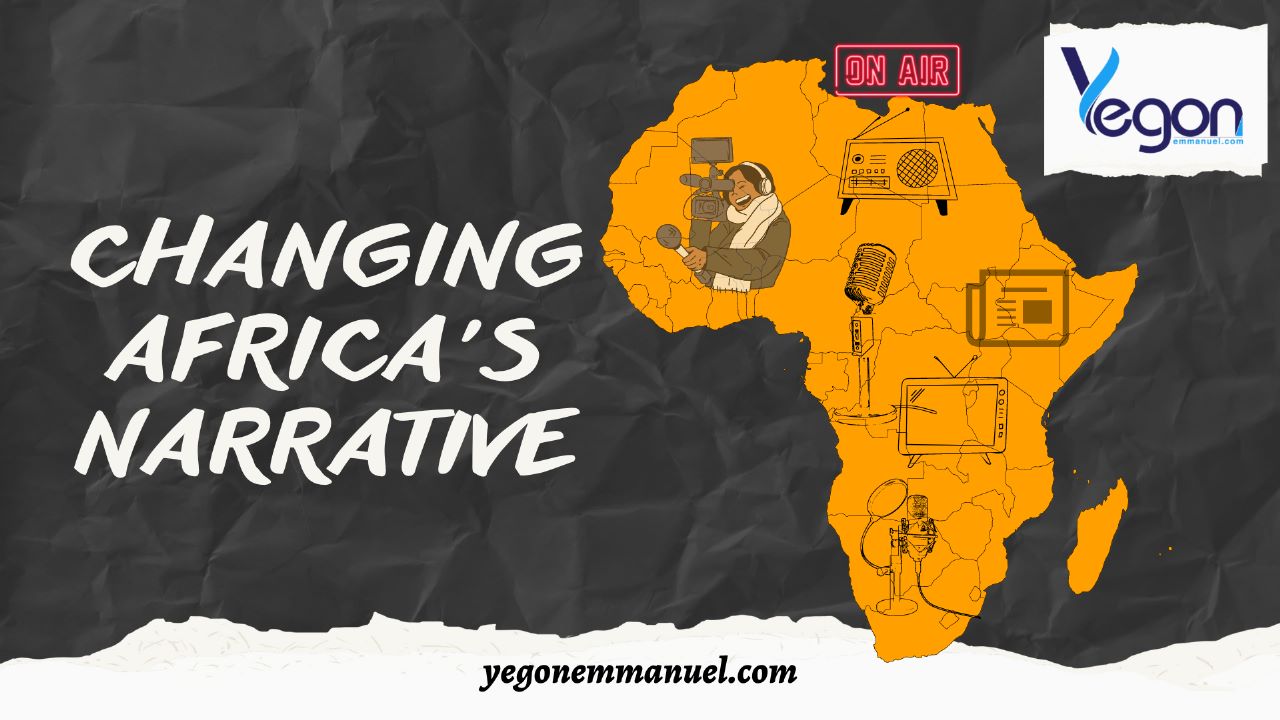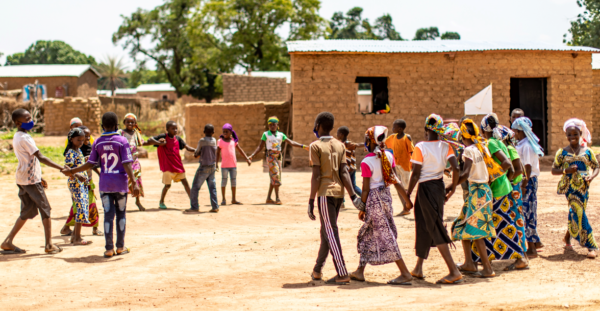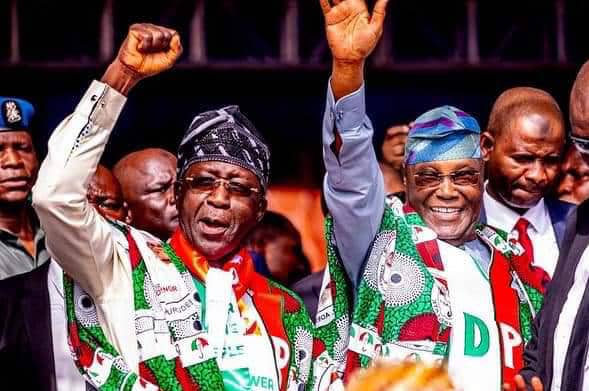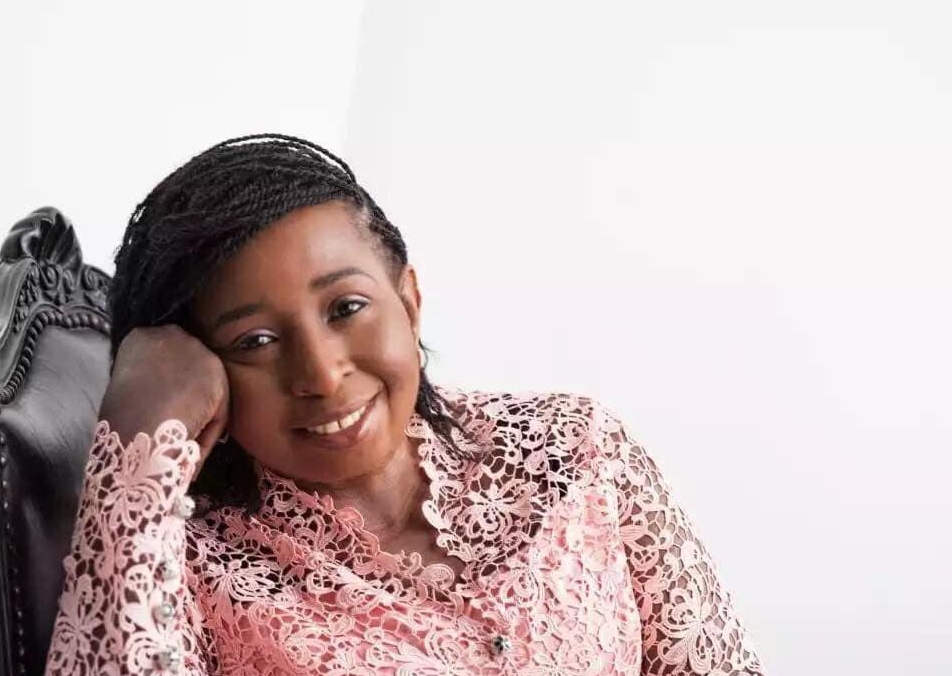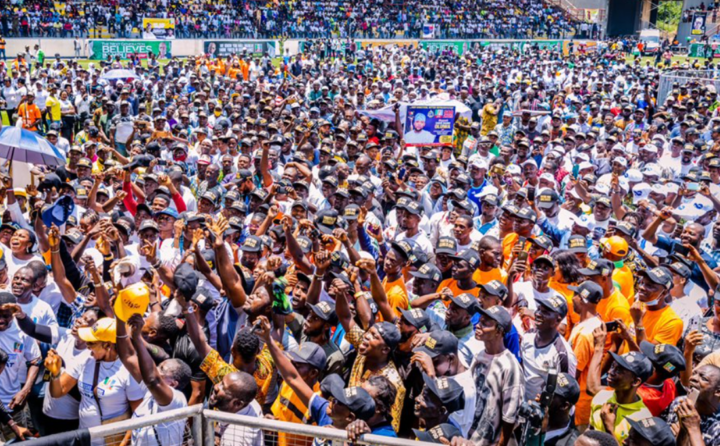BY EMMANUEL YEGON
A study, ‘Africa in the Media’, that was conducted by Africa No Filter and The African Narrative in 2019 looked at how Africa was covered in the US media. The report analyzed over 700,000 hours of news and entertainment media in the US and the findings form the basis of this reflective piece. It found out that Africa was broadly depicted negatively and as a country and not a continent with 54 countries. It also found that after politics (32%), crime had the most mentions (16%), and over one-third (35%) of African mentions in scripted entertainment were about crime. In scripted entertainment, 44% of TV shows only mention “Africa,” with no reference to a particular country. Take a look at the report for all the findings.
In a quest to look inward, Africa No Filter also published a report, ‘How African Media Covers Africa’, whose findings are more revealing. They surveyed 38 African editors and analysed content from 60 African news outlets in 15 countries (Botswana, South Africa, Zambia, Zimbabwe, DRC, Egypt, Tunisia, Tanzania, Ethiopia, Kenya, Rwanda, Uganda, Ghana, Nigeria and Senegal) in 2020. Among other findings, the report shows that:
- 63% of outlets surveyed don’t have correspondents in other countries in Africa 1/3 of all coverage on Africa was from non-African sources, with AFP and BBC accounting for ¼ of all stories found in African outlets about other African countries. African news agencies contributed minimally.
- 81% of the stories analyzed were classified as “hard news” e.g. conflicts and crises driven by events – they were also largely political in nature
- 13% of the news focused specifically on political violence, civil unrest, armed conflict
Looking at these findings, one has to think about the image of Africa as depicted to the rest of the world and what African media is putting out to the world. When we talk about changing the narrative, therefore, what does it mean? What will it take? How can we undo all the damage that’s been done over the years on the image of Africa? It is unfortunate that stories about Africa continue to be told through the same persistent and negative stereotypes and frames of poverty, disease, conflict, poor leadership and corruption. The task ahead is therefore how to break this cycle and reframe our stories because over time, a change in perspective and frames through which we tell stories in Africa will build a new narrative for the continent.
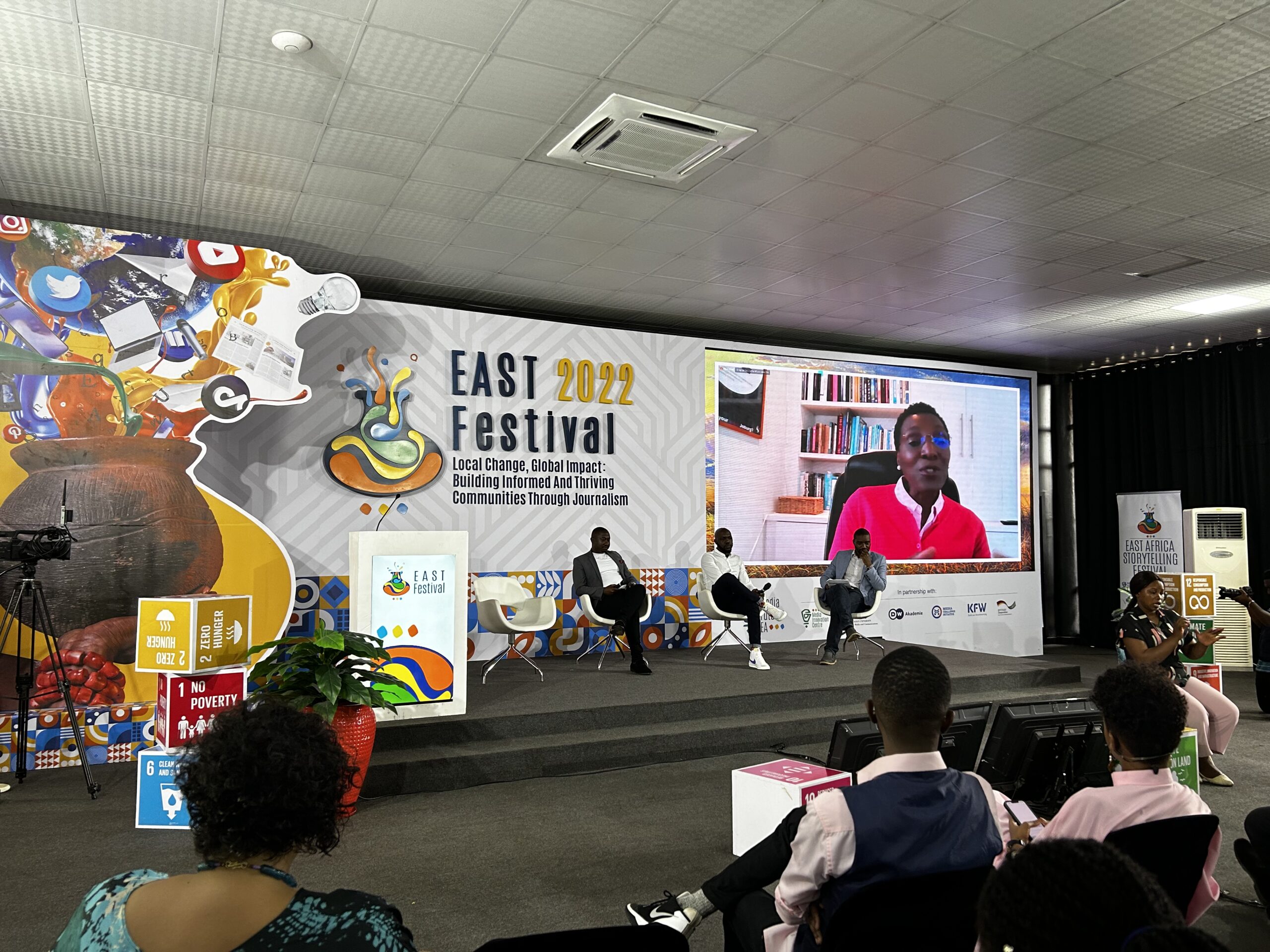
In December of 2022, during the East African Media Festival hosted by the Media Challenge Initiative in Kampala Uganda, this very subject of narrative change was extensively discussed. In a session on ‘Historical uncomfortable truths and blind spots: Decolonising the media in Africa and changing the narrative’, CNN’s Larry Madowo, Africa No Filter’s Moky Makura and Africa Institute of Investigative Journalism’s Solomon Serwanjja debated extensively on the matter. They shared their experiences and what they are doing in their respective spaces to change how Africa’s narrative is told. The quotes were picked verbatim from the conversation and form the basis for this reflective piece.
Advertisement
When we talk about Africa and how it is covered, we often tend to look outward, mostly at the west, and how they frame stories about the continent. Studies done, like what we’ve discussed above, have shown that while the west has used those dominant frames to report about Africa, we also need to look inward at what journalists and storytellers in Africa are doing to achieve this goal of narrative change. Speaking on what he’s doing as an African working in an international news outlet, Larry Madowo, “I am an African who was born and raised in Africa. My perspectives that I bring to the coverage of the continent is slightly different from somebody who is sent here from anywhere in North America or Europe and I can’t escape that, it is just who I am. What I represent is my own lived reality as an African who was born and raised here. That is the perspective I bring to every story I do.”
While the findings of the report on how African media reports about Africa are damning, it is not all doom and gloom. Efforts are being made by individuals and organizations to change the situation. Bird Story Agency for instance produces and supports African journalists to produce solutions stories from the different countries in Africa. They do so with the support of Africa No Filter. It is true that narratives develop over time and therefore it is crucial that we change the way we frame our stories, one story at a time. Speaking about this and what’s being done in the continent, Africa No Filter’s Moku Makura had this to say: “There is a frame or a lens through which often the world writes about Africa. Africa No Filter works on narrative change. We understand that narratives evolve through stories told over time so if you want to change narratives, you’ve got to change underlying stories. What we did was to figure out what are these underlying stories and we found out that there are five keyframes or lenses through which most stories about Africa in the media are told and those are: poverty, poor leadership, corruption, conflict and disease. Those frames are leading to narratives like Africa is broken, Africa is dependent and Africans really lack the agency to make the change.
We have actually gone further and looked at how Africa shows up in the US media. Most of the content that Americans see about Africa is linked to politics and also crime, those are the kind of stories. So if you imagine that you are bombarded with stories that show this negative sort of stereotypical image over time, it actually informs your belief system and informs your perception about Africa and Africans and ultimately informs your actions. What we know is that we are not writing our own stories. Regardless of who the reporter is on the ground, the editors ultimately are making the decisions on the framing and the actual stories that get put out. We have found out that a lot of the problems that we see are also in African media. A lot of African media outlets do not have correspondents in the rest of Africa and so they are dependent on Reuters, BBC and AFP and those institutions report Africa in a particular way. So what the African readers are reading about each other is equally as bad. We shouldn’t just be looking and blaming global media, we actually need to look at our own media and how we write about ourselves and about other Africans.”
Advertisement
“The dominant frames that come through our stories certainly shape the agenda. The stories that we put out there reflect who we are. The way we portray our stories is important as it informs how the world perceives us. It is important for the African journalists to tell the African stories,” added Solomon Serwanjja.
In a virtual interview with Ghana’s leading Youtuber, Wode Maya, about a year ago, changing Africa’s narrative came up. In doing his work and in his quest to tell the African story, he has encountered challenges. He says: “Telling the African story as an African is one of the most difficult things to do. Africans are not ready to embrace an African telling the African story to the extent that when you meet an African who has an incredible story and you want to share their story, they will ask you if you are from the BBC or CNN. They will tell you that BBC has already interviewed me, to the extent that you have to beg them to tell their stories. This is what makes telling the African story difficult because Africans are not too open to Africans telling their stories. But right now, that is changing. Until the lion learns to tell their story, the story will always glorify the hunter. We have to always take control of our own narratives”. It is a quest that’s challenging but we must not give up. The impact created by Maya’s stories is evident. He adds: “Since I started this whole movement of Africa to the world, telling the African story, I have seen a lot of people moving to the continent. I always felt that I had the responsibility to tell the African story as an African. It is the time for young Africans to get involved in changing the narrative of Africa”.
So, what are you doing as a journalist to change how Africa’s stories are told? How are you contributing to this cause? What we do at Mobile Journalism Africa is to encourage as many people across the continent to tell stories. We believe that by working together, we can change how the continent’s stories are told, one story at a time. Our focus is on solutions stories and what is being done in the continent, albeit all the challenges, to change lives, in build solutions for those problems. Larry Madowo is a decorated journalist who has risen to the apex of his career and even he is conscious about the stories he tells and how he tells them. “I am actively deciding that these are the stories that I want to tell. I am actively pushing for stories that go beyond the usual conflict, disease, politics and corruption to see Africans in a 3-dimensional view. I felt that we were caricatured as Africans and this misunderstanding of Africa has gone on for so long that I singlehandedly cannot change it but this is work in progress.”
Redefining news.
Advertisement
“As we try to change Africa’s narrative, should we the storytellers go back to redefining what makes news? That news can actually be positive?” asked Solomon Serwanja. What would it take to redefine news? Let’s face it, the definition of what makes news as taught in journalism school contributes to the content of news as we see it today. The philosophy that when man bites a dog is news should change. It is possible to actually have positive news, we just need to focus our lenses and attention to all the positive things that are happening across the continent. There is a subtle but growing wave for solutions stories or what’s referred to as constructive journalism. Journalism that goes beyond the problems and looks to the solutions that already exist for those problems and what can be done to upscale those solutions to benefit more people while noting its shortcomings.
“I am not saying that we shouldn’t do difficult or negative news. That is equally part of Africa’s story. Those are stories that we need to do. That role of the media to hold our leaders to account, to speak truth to power, to go out and tell those stories, that needs to continue. But that’s not all that we are. It goes to Chimamanda’s danger of a single story. We are not that single story. We need to redefine news. We are struggling to let editors who come out of the old school understand that ‘if it bleeds it leads’ is not a definition of news. News is a reflection of what is happening that is new to that country. We are more than just bad news,” quipped Moky Mokura adding: “There are things like constructive and solutions journalism that’s happening where journalists themselves are realizing putting out just negative stories they are not achieving much. They’re now using these new ways of writing to address the problem of holding power to accountability or shining a spotlight on wrongdoing by highlighting what is going right and where we can look to for solutions to fix some of our problems. When we look at training journalists, we need to get them up to speed with these new trends.”
Training
Having made a case for the need to redefine news, perhaps we should push for a different approach in the training of journalists across Africa. There are media development institutions that are already leading the way in teaching and encouraging the practice of solutions and constructive journalism. The Media Challenge Initiative in Uganda, DW Akademie through its programmes in different countries and institutions of higher learning like the Aga Khan University in Kenya. While it will take time, the inclusion of solutions journalism in journalism curricula and practice in our different media outlets across the continent will go a long way in making the narrative change a reality for Africa. We should also, through these institutions of higher learning, encourage more of these in-depth stories as well as investigative journalism that also focuses on the impacts of the different projects, generally flipping the coin on investigations and looking at what good is happening across Africa.
Advertisement
The cost of journalism
As we take on this noble challenge, we have to appreciate the fact that good journalism is expensive. The news media ecosystem in itself is limiting in the number and quality of stories and therefore requires that we look for alternative sources of funding, and adopt different revenue models in order to sustain the production of good journalism. We must also appreciate the work being done by organisations like Bird Story Agency and Pin Africa that supports journalists to produce solution journalism projects across the continent. We surely need alternative funding models from within the continent to support journalism to tell the African story. While this body of work is being produced, we should also have outlets to share and distribute the work to African and other audiences across the world.
Advertisement
Beyond creation, distribution
Africa Uncensored’s John Allan Namu usually says, “the closer you get to the people, the closer you get to the stories”. We need to centre people in our stories in order to make them impactful and shareable. As it stands, we are operating in a space where audiences are alive, active and very responsive to the work we put out. To make these stories relatable, we have to humanize them as much as possible. Solomon Serwanjja adds: “There is no use in cooking good food but no one eats it. It is important to make those stories about people. We need to continuously ask why should the public care/be moved by the stories we are doing. Until we relate the stories to the people, then we can get people to react!”
Advertisement
It is a good thing that we are now having these conversations. Many young people now, digital content creators and journalists alike are advocating for a change in the way stories are told in Africa. These efforts should be harnessed and used collectively to achieve this goal. In fact, we should encourage more young people to tell their own stories. At Mobile Journalism Africa we encourage everyone to use the device they have in their pockets, their smartphones, to tell their stories. With these devices in more hands in Africa now, and with training on solutions and constructive journalism, we’ll surely move faster towards achieving that dream of narrative change. Like Africa No Filter’s Moky Makura says: “We have made a lot of progress. We have come a long way since 1985. We need to find a way to reframe the negative stories that are equally important to tell. There are multiple ways to tell the stories. Framing is so critical”.
Yegon writes from Nairobi, Kenya
Advertisement
Views expressed by contributors are strictly personal and not of TheCable.
